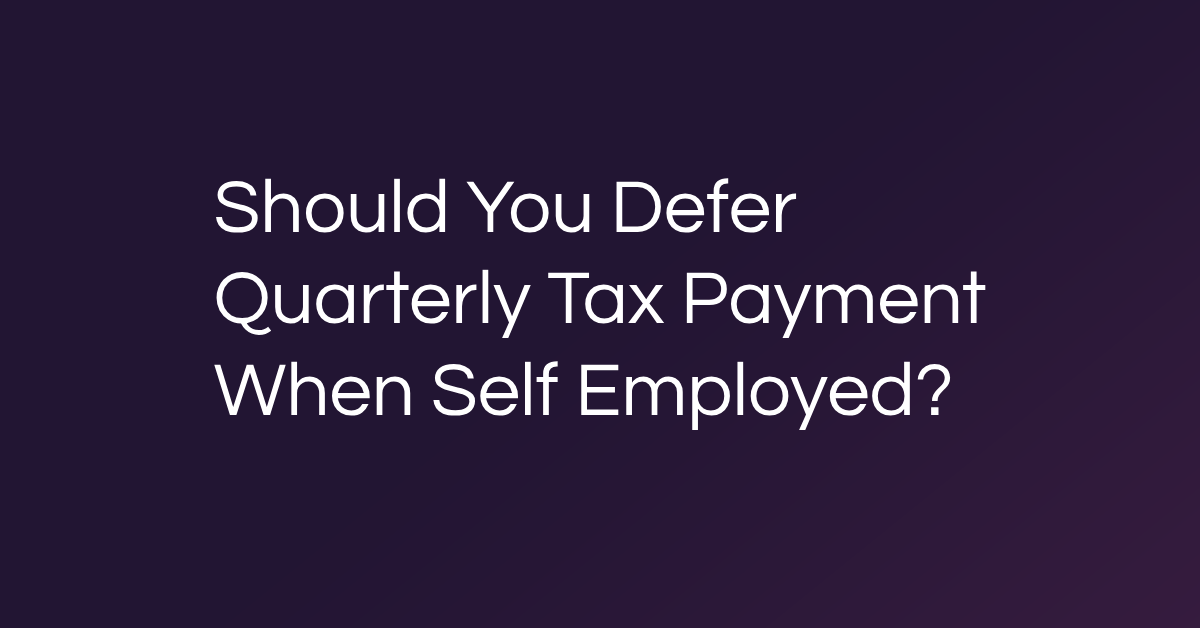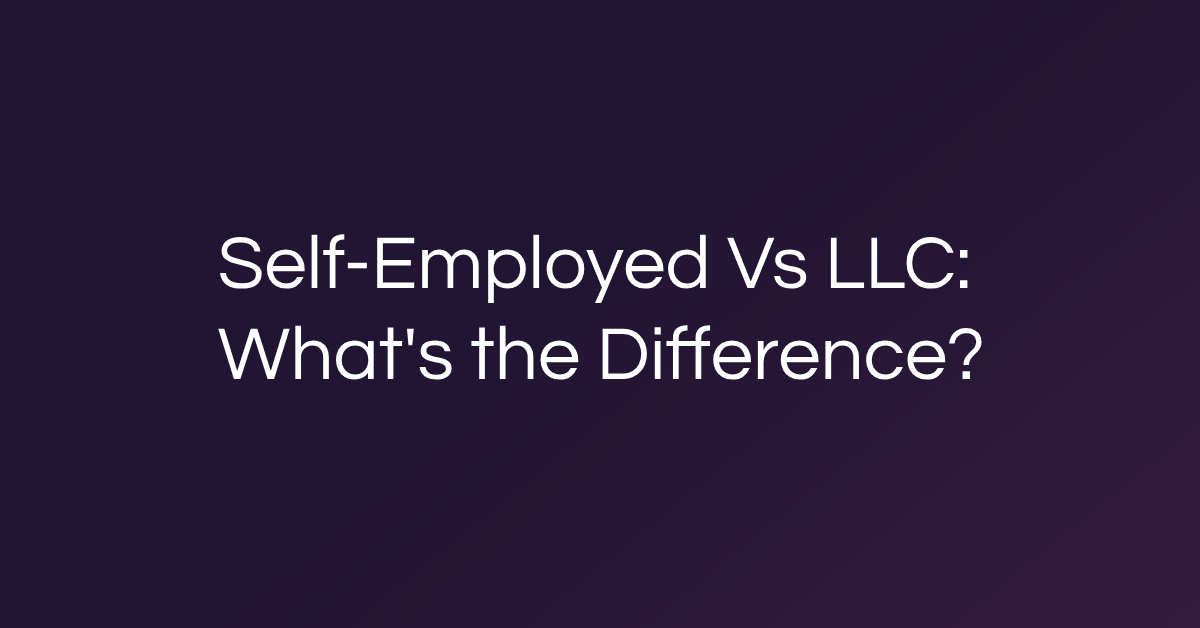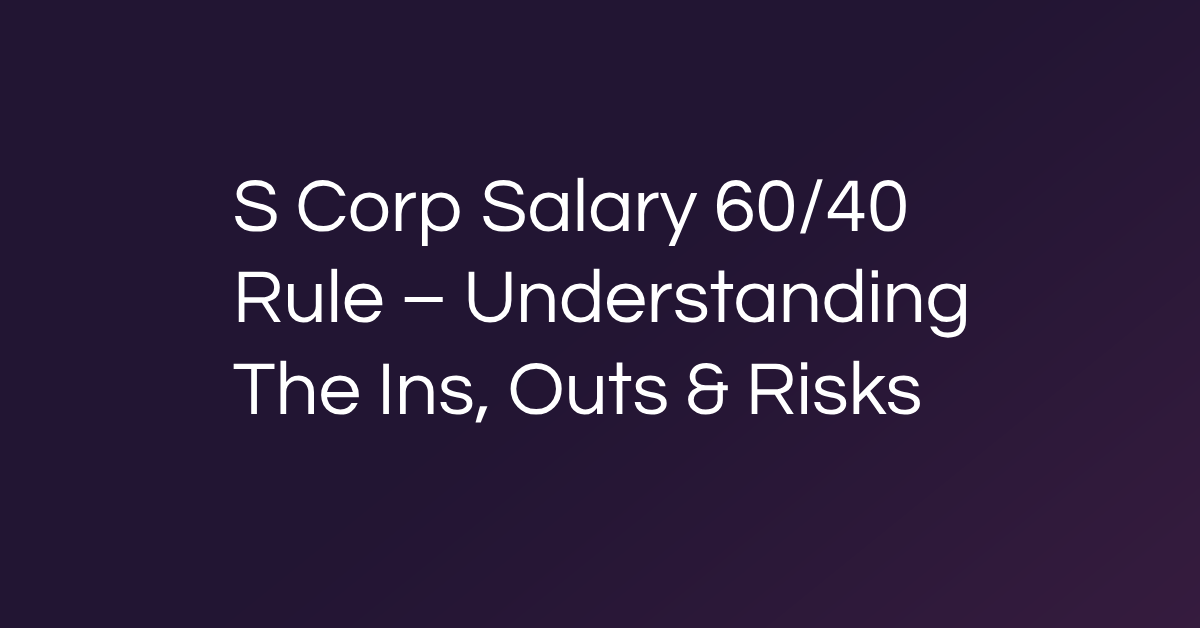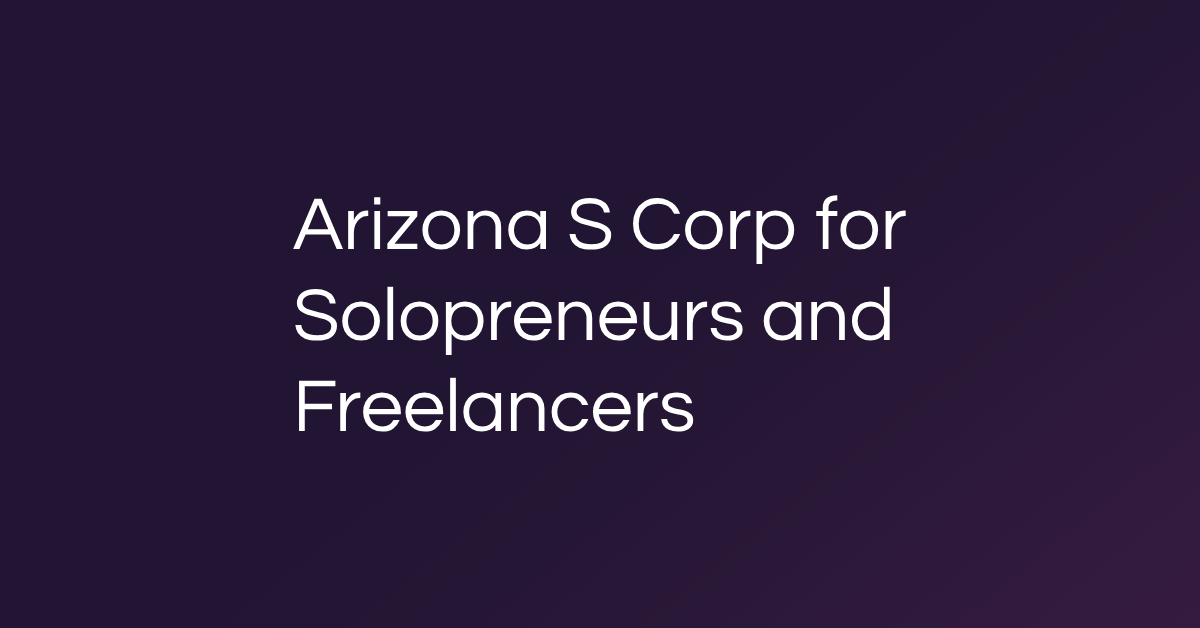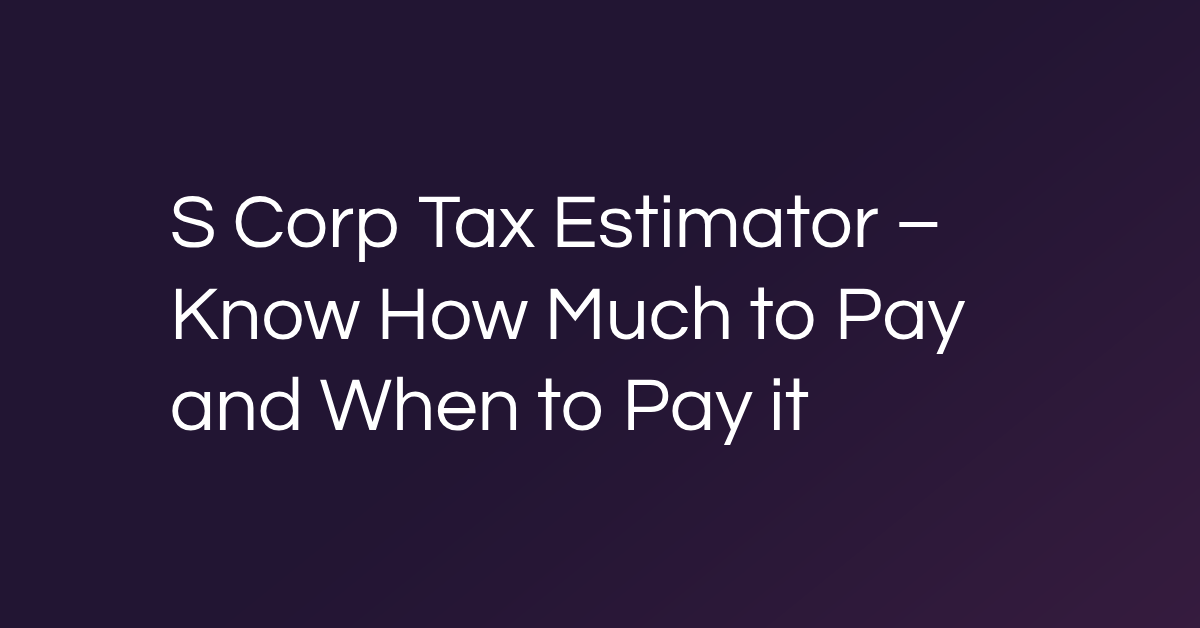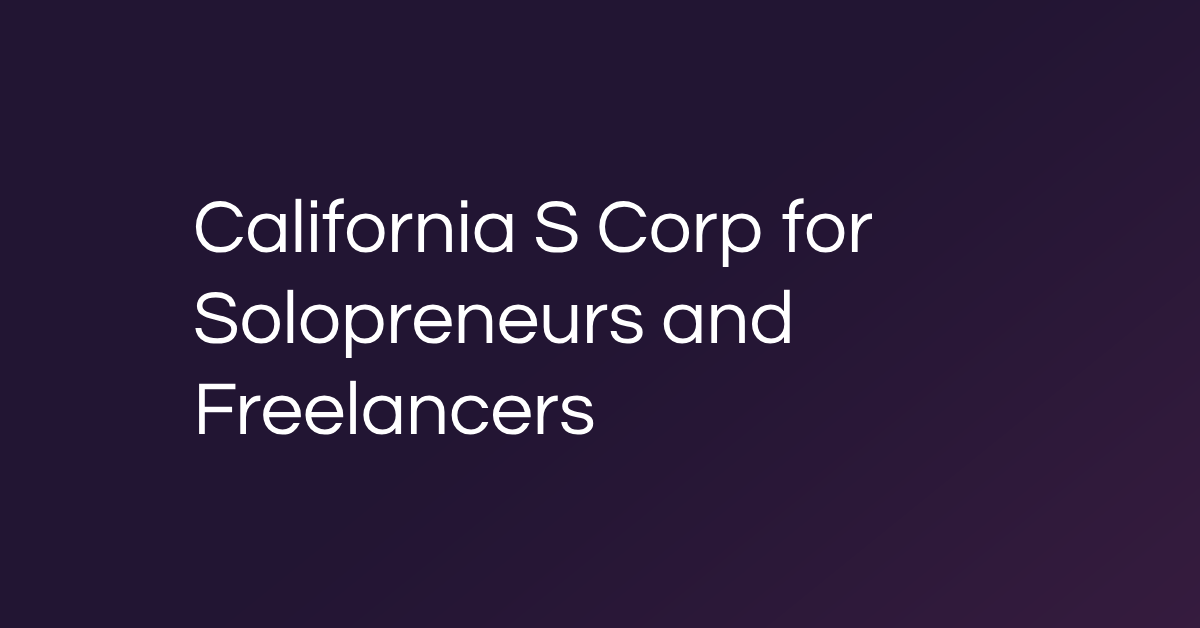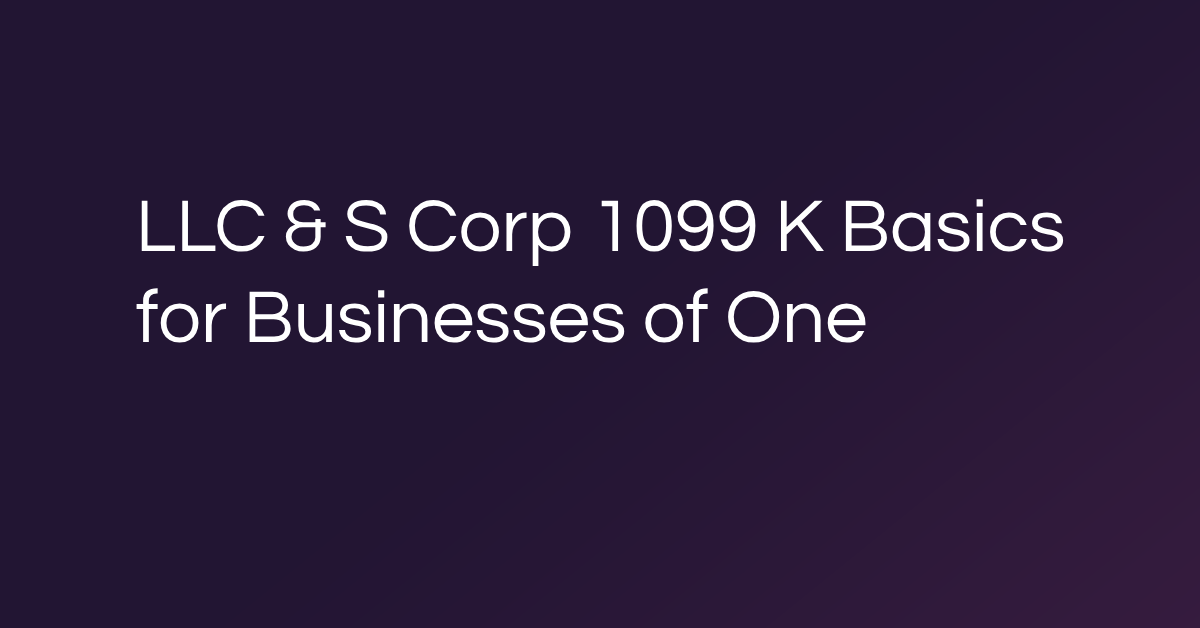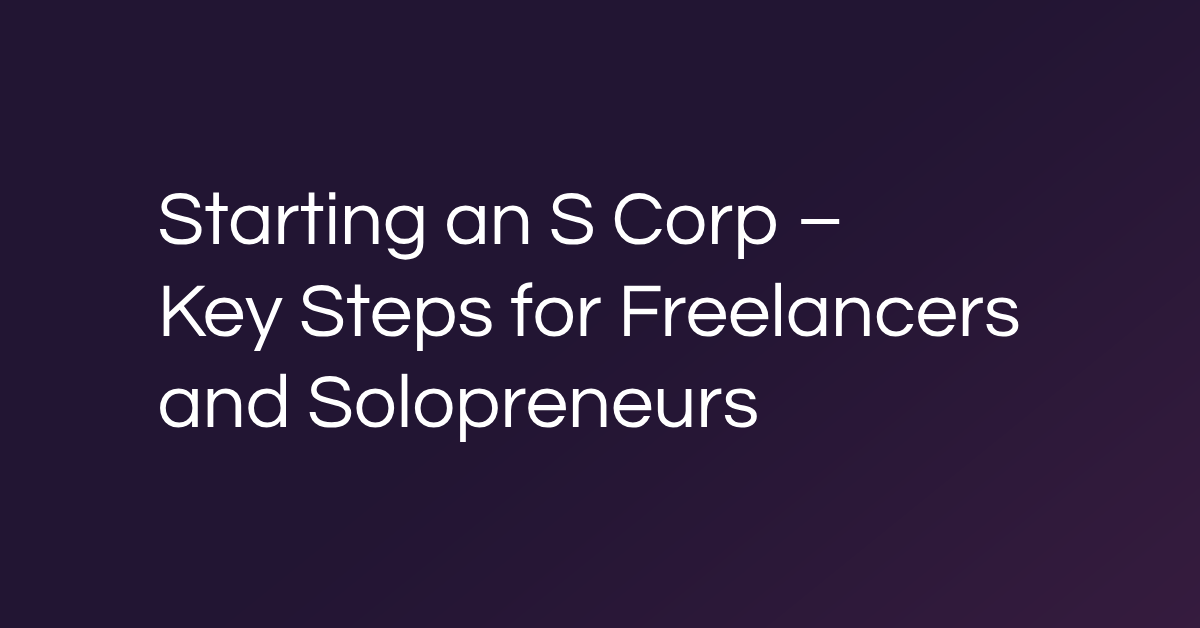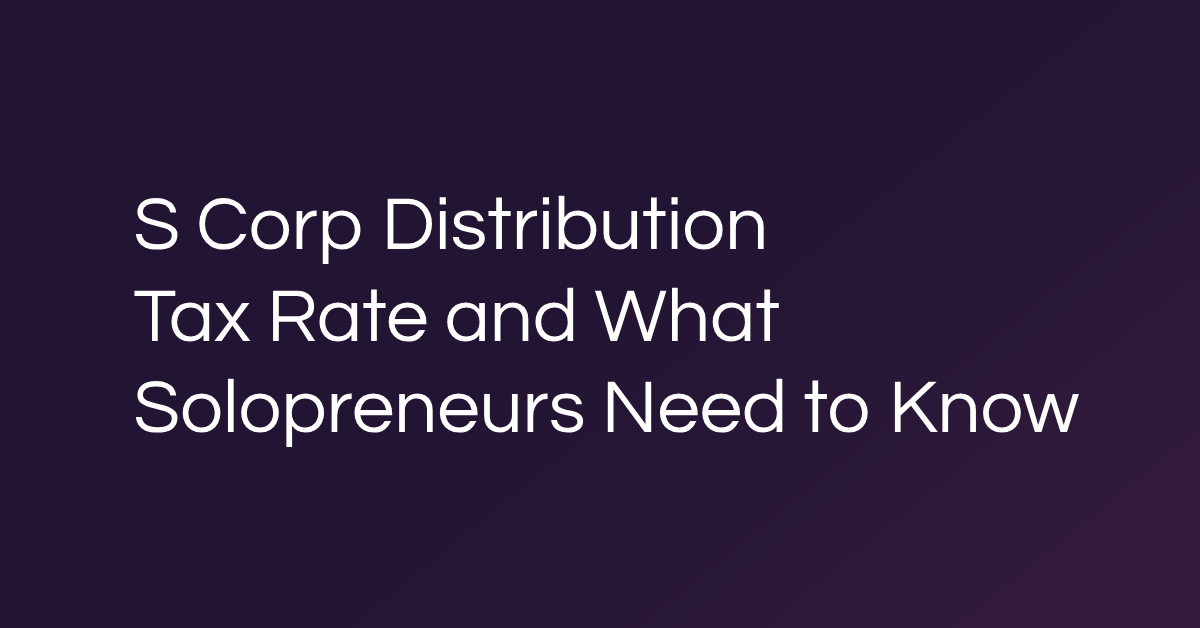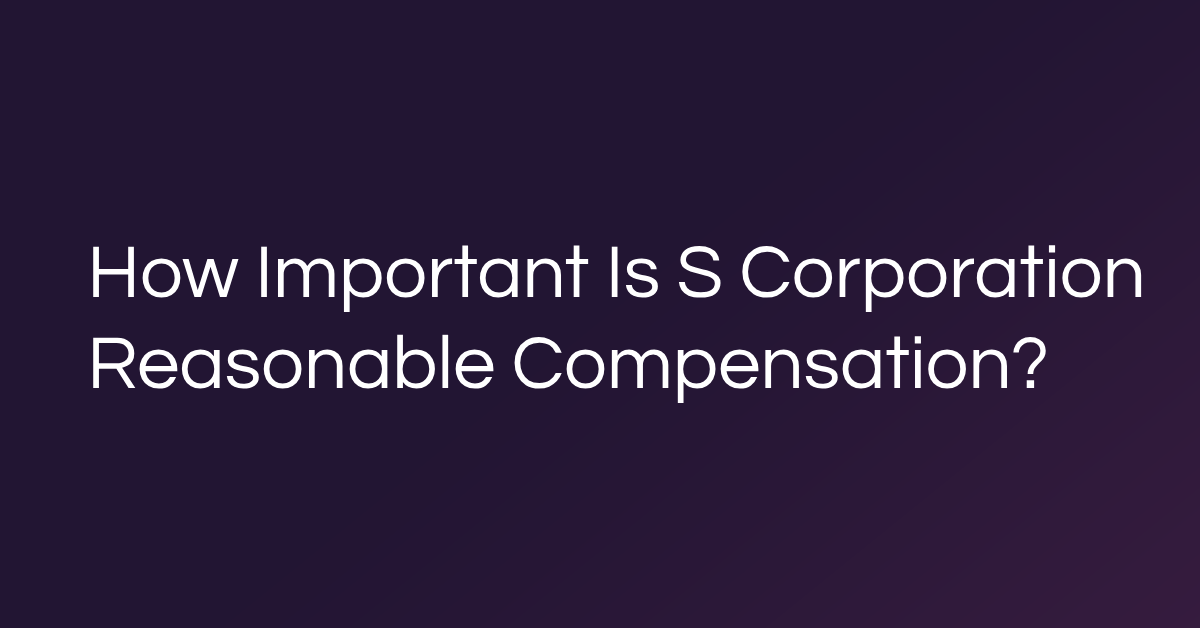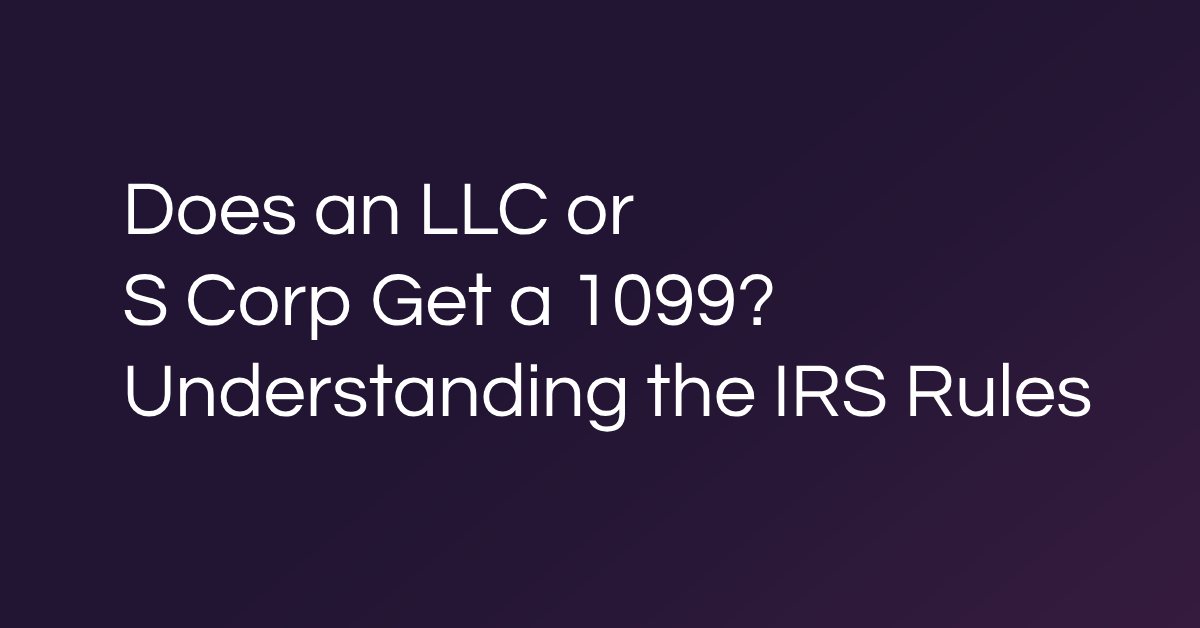If you’re working for yourself, you’ve probably heard the theory: “Don’t send money to the IRS too early—invest it instead and make it work for you.” But while the logic might sound clever, it usually doesn’t hold up in the real world.
Many self-employed professionals wonder if they should defer quarterly tax payments. While it’s possible, it’s usually not a good idea due to the risks involved. Instead, let’s explore smarter ways to manage taxes without penalties or stress.
Why do some solos think about deferring taxes?
Self-employed professionals know how powerful cash flow can be. So it’s no surprise some consider hanging on to tax payments a little longer. But while the idea might seem strategic, the reality often works against you.
The myth: “I can invest the money instead and earn more”
Many solo operators believe they can “put that money to work” instead of sending it to the IRS immediately. The logic sounds reasonable—if the market beats the IRS penalty rate, why not buy yourself some time?
But timing the market, even with experience, rarely guarantees consistent returns. And the IRS isn’t waiting.
The appeal: delay paying, use cash for growth or personal investments
It’s easy to justify keeping the money. Many solos see short-term benefits in deferring, such as:
- Putting cash toward marketing or equipment
- Reinvesting in product development or scaling
- Covering personal expenses during lean months
The reality: penalties, risk, and stress
What seems bright can quickly become expensive. Deferring quarterly taxes comes with steep downsides:
- Underpayment penalties can add up, especially if you underpay multiple quarters
- Missed payments lead to unnecessary stress and audit risk
- You may end up scrambling later when the full amount is due
There are valid reasons to defer income through deferred compensation plans, but quarterly taxes aren’t one of them.
What the IRS actually says about quarterly taxes
The IRS doesn’t leave much gray area when it comes to estimated taxes. If you’re self-employed and earning a steady income, the government expects you to pay as you go, not wait until April.
The IRS recommends “pay-as-you-go” to avoid underpayment penalties
Self-employed professionals don’t have tax withholding like W-2 employees. That means it’s up to you to make regular estimated payments throughout the year. The IRS expects you to calculate and submit these quarterly using Form 941, based on what you’ve earned so far.
- Payments are typically due in April, June, September, and January
- Underpaying leads to penalties, even if you pay the full amount by tax day
If you expect to owe more than $1,000 in taxes, you should be paying quarterly
If your total tax liability exceeds $1,000 for the year, you must make estimated payments. Many solo consultants, creatives, and independent contractors cross this line without realizing it.
- Don’t wait until tax season to find out—review your earnings and estimated obligations early
- Use a quarterly tax calculator or accounting tool to forecast accurately
IRS Pay-As-You-Go Guide
Want to learn more about how this works? The IRS Pay-As-You-Go Guide breaks it down and includes worksheets to help estimate what you owe.
The math: why deferring rarely pays off
Some solos toy with the idea of deferring tax payments to “make the money work” elsewhere. But the math doesn’t support the risk. What feels like a smart cash-flow move often costs more than it earns.
The estimated penalty interest rate is about 7% (as of 2024)
The IRS applies interest and penalties to underpaid taxes, and the rate isn’t insignificant. As of 2024, the underpayment interest rate hovers around 7%, compounded daily.
- That’s more than most high-yield savings accounts
- It’s a guaranteed cost for a return you’re not guaranteed to beat
Only 10–20% of investors beat a 6% return, and that’s with market knowledge
The logic behind deferring often comes from investment myths. But the odds aren’t in your favor unless you’re a highly skilled investor.
- The S&P 500 averages around 7–10% over time, but not every year
- Most part-time investors don’t beat 6% consistently
- Even fewer beat 7% after accounting for taxes, fees, and timing risk
Investing instead of paying is more gambling than planning
Putting off taxes in favor of potential investment gains isn’t a strategy—it’s a bet. And the downside risk (penalties, stress, audits) far outweighs the slim chance of a short-term win.
- You could lose money and owe penalties
- You’ll feel the pressure every quarter until you pay your taxes
- It complicates bookkeeping, cash flow, and financial projections
The safe route: automate and stay on track
Deferring tax payments might seem like a bright workaround, but the smarter play is building a system that keeps you ahead. Automating your quarterly taxes protects your business, saves time, and eliminates guesswork.
Automate payments to ensure timely filing
Manually tracking tax deadlines creates unnecessary risk. One missed due date could cost you hundreds in penalties or interest. The better path? Automate.
- Set calendar reminders for estimated tax due dates
- Use recurring transfers from your business account to a tax-dedicated savings account
- Work with software that syncs income tracking and payment scheduling
Consistency is what matters. Even small, automated contributions keep you compliant and penalty-free.
Besolo takes the guesswork out of quarterly tax payments
Besolo’s automated tax tools help you calculate what to pay and when, with built-in tracking for income, deductions, and quarterly estimates. It’s like having a CPA-backed dashboard on call.
Paired with Besolo’s admin tools, you can centralize all of your financial workflows—no spreadsheets, no surprises. The result? Less scrambling, more confidence, and tax season that actually feels under control.
Stop guessing and start planning confidently
Quarterly tax payments aren’t a burden—they’re part of running a legitimate, sustainable business. While deferring payments may sound appealing, the risk rarely pays off. Solos who succeed long-term don’t play tax roulette—they plan, automate, and stay organized.
Besolo’s Self-Employment OS gives you everything you need to stay compliant without the guesswork. It’s all in one place, from automated tax tools to admin support and real-time income tracking.
Start running your business like a pro—Besolo makes it easier to stay ready, all year.

